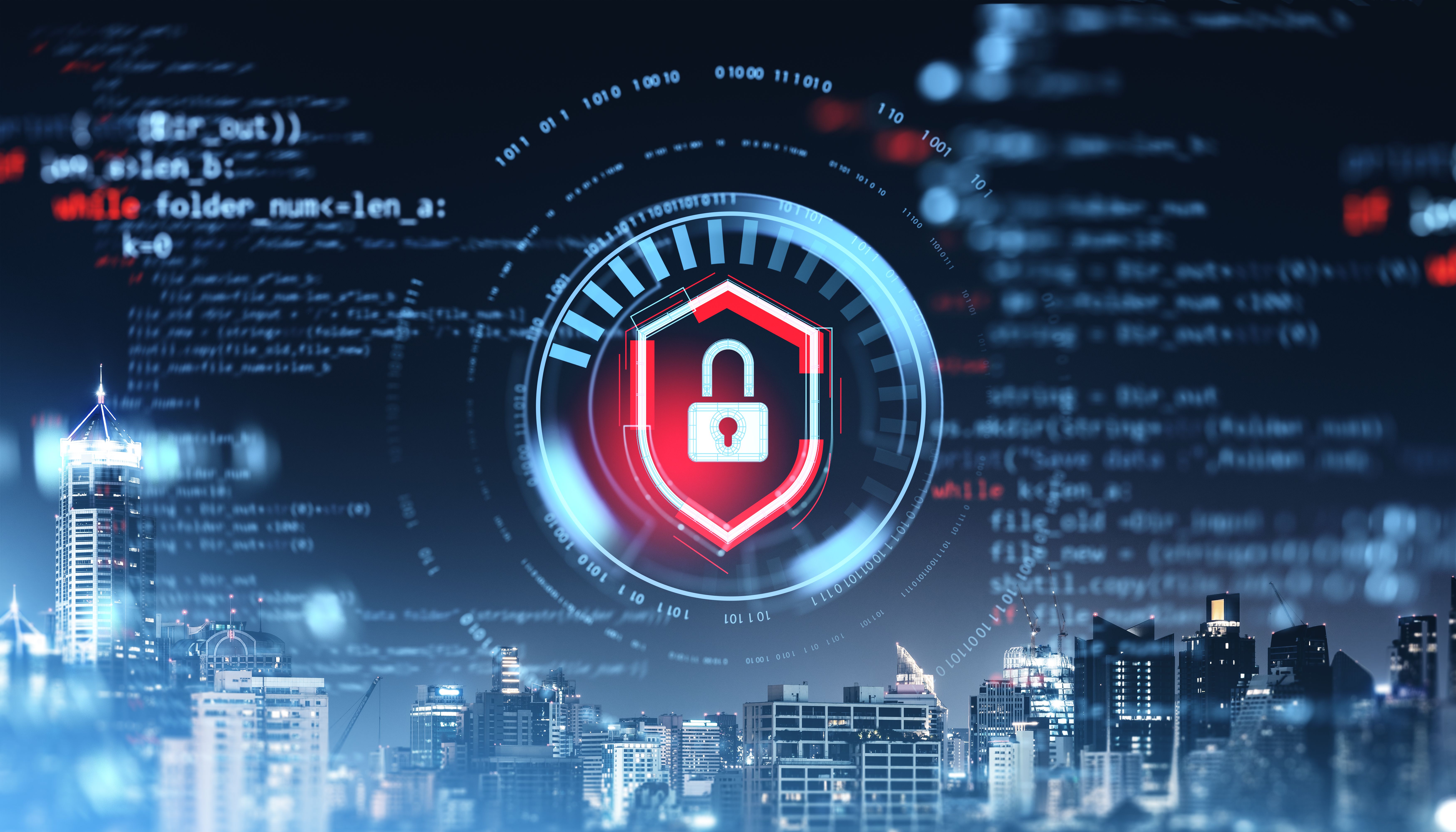Understanding Remote Online Notarizations: A Helpful Guide
Introduction to Remote Online Notarizations
With the rapid advancements in technology, various traditional processes have been adapted to fit the digital age, including notarizations. Remote Online Notarizations (RON) offer a modern solution by allowing documents to be notarized digitally. This guide will explore the essentials of RON, its benefits, and how it compares to traditional notarization methods.
In the past, notarizations required physical presence before a notary public. However, RON allows this process to occur online, using secure digital platforms. This transformation offers greater convenience and efficiency, especially for individuals and businesses operating across different locations.

How Does Remote Online Notarization Work?
Remote Online Notarization involves a few key steps that ensure the process is secure and legally binding. Here's a breakdown of how it typically works:
- Identity Verification: Before the notarization, signers must verify their identity using government-issued identification and sometimes answering personal questions.
- Video Conference: The notary and signer connect through a secure video call, allowing the notary to witness the signing of the document in real-time.
- Electronic Signature: The signer applies their electronic signature to the document.
- Notarization: The notary applies their electronic seal and signature, completing the process.
Security and Legal Considerations
Security is a crucial aspect of RON. Platforms used for remote notarization typically incorporate encrypted communications and secure cloud storage to protect sensitive documents. Additionally, recorded video sessions serve as a digital audit trail, providing further assurance and reliability.

The Benefits of Remote Online Notarizations
The advantages of RON are substantial, enhancing accessibility and efficiency for all parties involved. Here are some key benefits:
- Convenience: Signers can complete notarizations from anywhere with internet access, eliminating the need for travel.
- Time-Saving: RON significantly reduces the time needed to coordinate meetings with a notary.
- Expanded Access: It allows access to notarial services for those in remote or rural areas.
This flexibility makes RON especially beneficial for businesses that frequently require notarizations for contracts or other essential documents, streamlining their operations.

Comparing Traditional and Remote Notarizations
While traditional notarizations remain a viable option, RON provides distinct advantages in certain situations. Traditional methods may be preferable for individuals who are less comfortable with technology or when specific legal documents require physical presence due to jurisdictional regulations.
However, for tech-savvy individuals and businesses looking for efficient solutions, RON offers a compelling alternative. As more states in the U.S. adopt laws supporting RON, this method is becoming increasingly accessible and accepted.
The Future of Notarization
The future of notarization is undoubtedly moving towards digital solutions. As technology continues to evolve, so will the capabilities and acceptance of RON worldwide. Embracing this change can lead to more streamlined processes and enhanced accessibility for all.
Understanding and utilizing Remote Online Notarizations can provide significant benefits in our increasingly digital world. By leveraging this technology, individuals and businesses can enjoy greater convenience and efficiency while ensuring their documents remain secure and legally binding.
